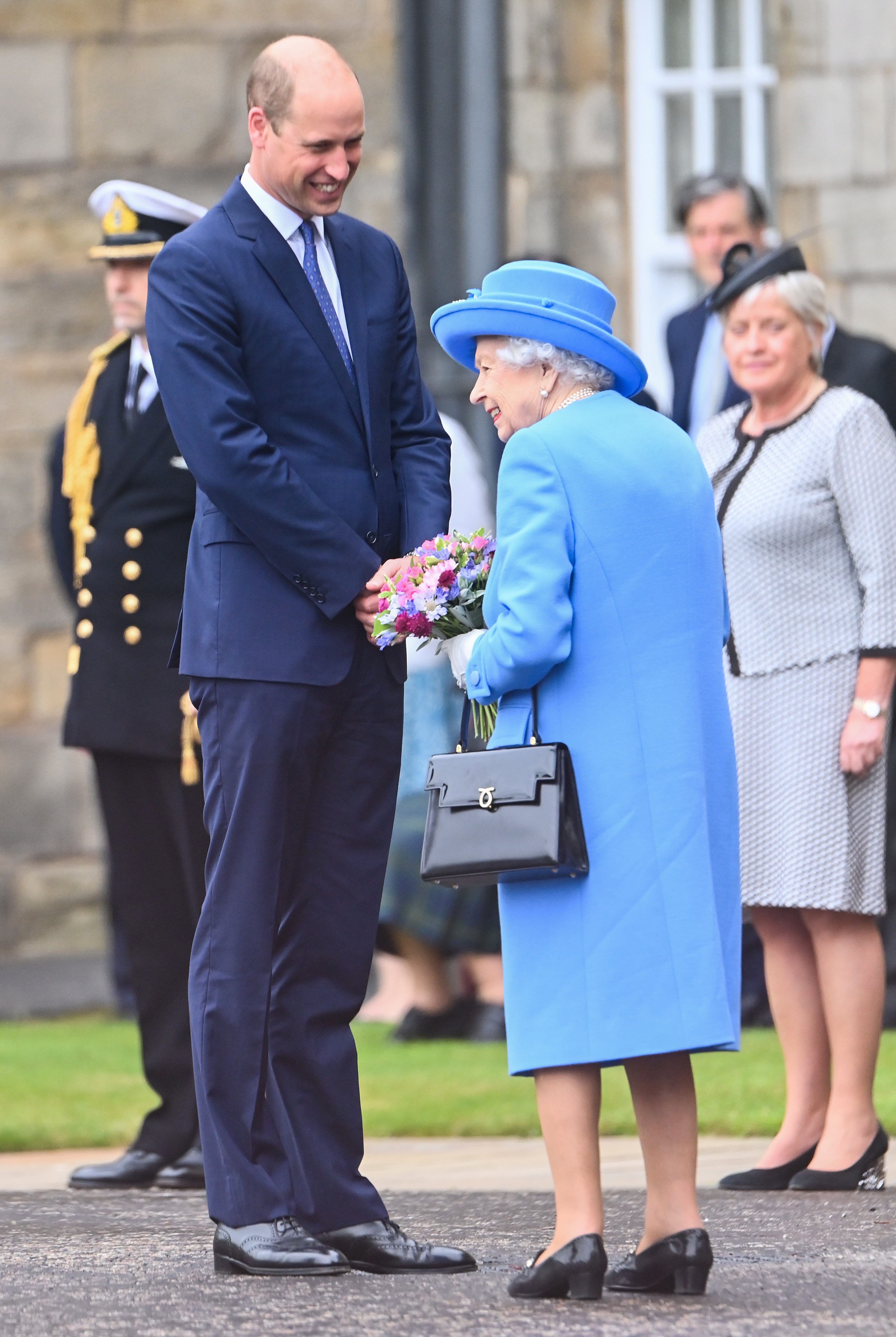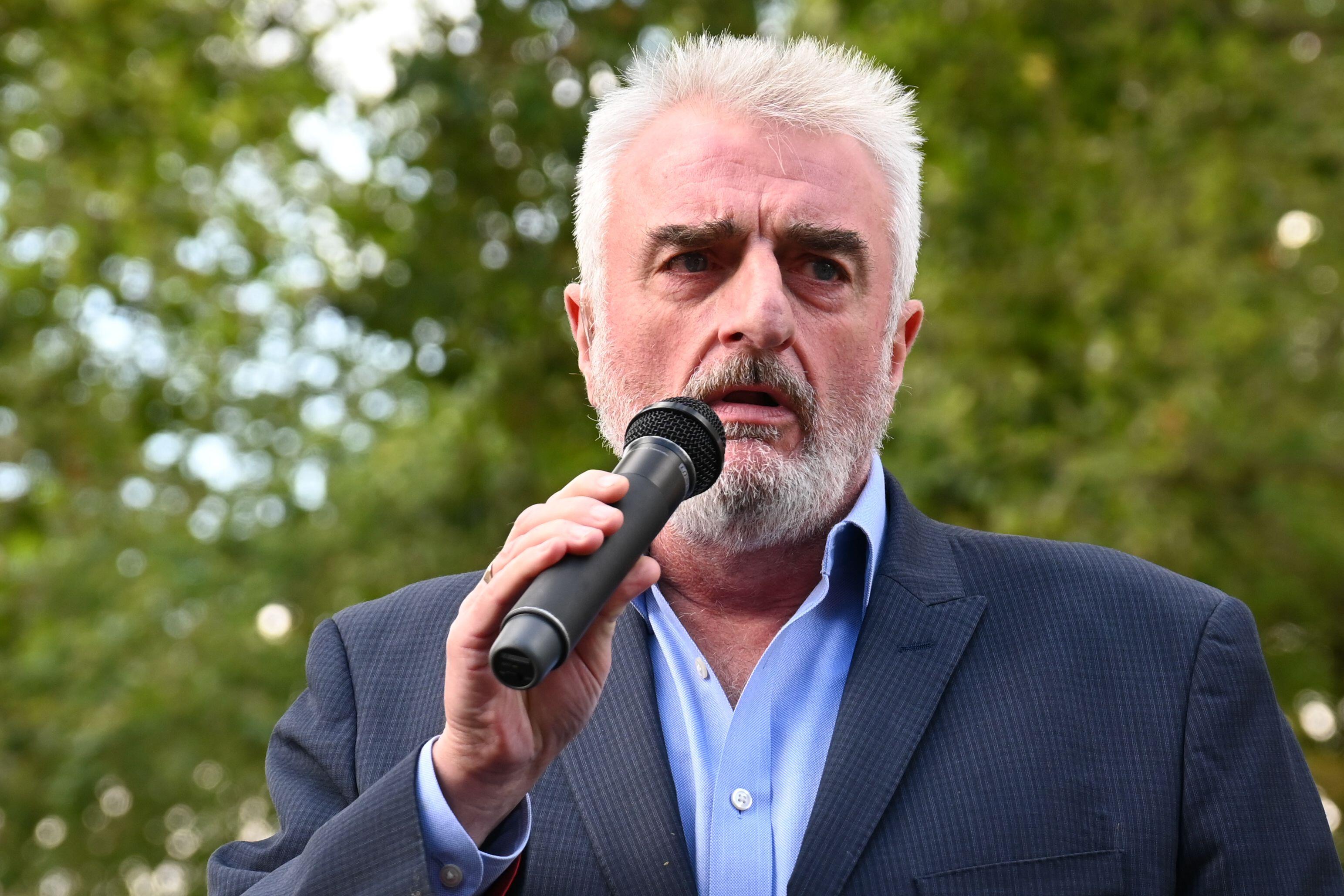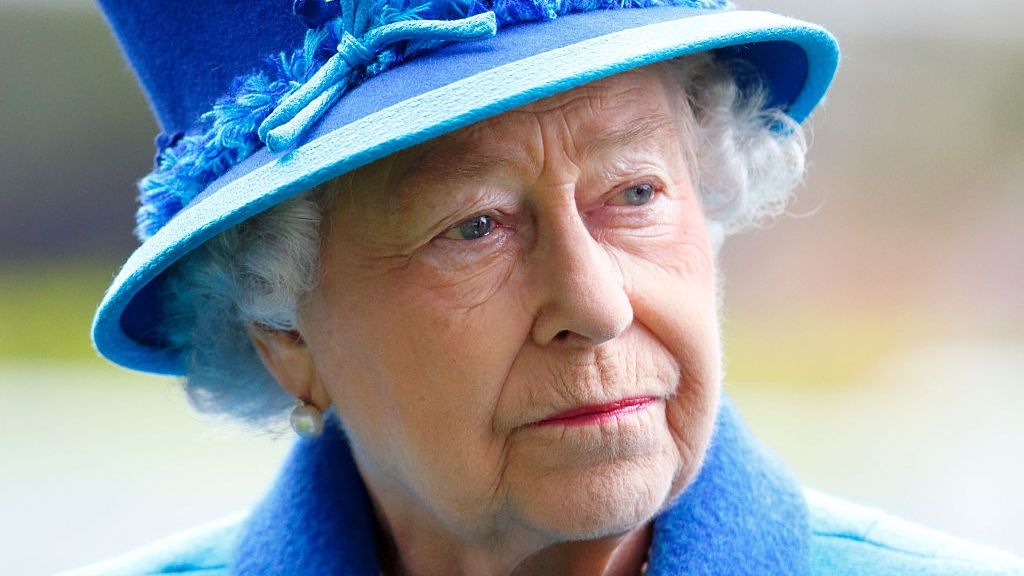The Prince of Wales helped to persuade the late Queen to make her unprecedented intervention in the Scottish independence referendum, a new book claims.
The future king was among the figures to apply “pressure” on the monarch to speak out days before the vote in September 2014, alongside then prime minister David Cameron, according to Valentine Low, the respected royal biographer and former Times royal correspondent
The Queen said four days before the historic referendum that she hoped Scots would “think very carefully about the future” when talking to members of the public outside Crathie Kirk, her place of worship when she visited Balmoral.

Queen Elizabeth with the 2nd Battalion Royal Regiment of Scotland in Edinburgh in 2014
MARTIN FRASER/GETTY
While at the time Palace sources attempted to present the interaction as entirely spontaneous, Cameron has since confirmed that he had been lobbying for the Queen to make an intervention, amid panic in Number 10 that the pro-independence Yes campaign was on the brink of victory.
The role William played behind the scenes — which has never been revealed before — is documented in Power and the Palace, in which Low, who reported on the royal family for The Times between 2008 and 2023, examines the relationship between the monarchy and Number 10.
Nicola Sturgeon singled William out for criticism in her memoir, in which she suggested he had been “disingenuous” in justifying his 2021 meeting with Gordon Brown in which she suspected the pair had plotted to preserve the union.
Low writes: “The pressure [on the Queen to intervene in the referendum] did not just come from Cameron, however.

Queen Elizabeth and Prince William outside the Palace of Holyroodhouse in June 2021
SAMIR HUSSEIN/GETTY
“Prince William also wanted the Queen to say something, and urged the Queen’s private secretary, Sir Christopher Geidt, to get her to intervene.
“Geidt and the cabinet secretary, Sir Jeremy Heywood, had… already been talking about the constitutional propriety of an intervention by the monarch, and between them they came up with the formula that the Queen would use when she stopped to talk to members of the public outside Crathie Kirk that Sunday.”
The following Thursday, the No campaign won 55 per cent of the vote, a result which Cameron later revealed, accidentally, had delighted the Queen so much that she “purred down the line” when he called her to tell her the UK was secure.
Claims of a political intervention from William are likely to fuel suspicion among Scottish nationalists, which may cause issues once he becomes king.
Tommy Sheppard, the former SNP MP who is planning to stand as a regional candidate in next May’s Holyrood elections, called for the claim in the book to be investigated.

Tommy Sheppard said the claims in the book Power and the Palace of royal intervention in politics should be investigated
ALAMY
“If true, it runs a coach and horses through the claim that the royal family are not involved in politics and further undermines their standing,” Sheppard said.
“The public have a right to know if this happened or not. It is time for William to tell what happened.”
Pressure on the Queen to make her intervention, despite her constitutional role requiring the monarch not to meddle in politics, increased after a Sunday Times poll showed the Yes side in the lead, a few weeks before the referendum.
At the time of his alleged intervention, William was aged 32, and had graduated from the University of St Andrews nine years earlier.
In Sturgeon’s memoir, Frankly, she mostly spoke warmly of the royal family but admitted feeling “aggrieved” at William after a meeting over the summer of 2021.
After a “cordial” meeting with the future king, where they did not talk about politics, she learnt that he had held a private meeting with Gordon Brown at Holyrood Palace.
Sturgeon writes that the secret nature of the meeting, after Brown had set up an “anti-independence think tank”, had “inevitably raised questions”.
A comment issued by the prince’s office justifying the meeting was, in Sturgeon’s view, “to put it mildly, disingenuous”.
A spokesman for the Prince of Wales declined to comment.

